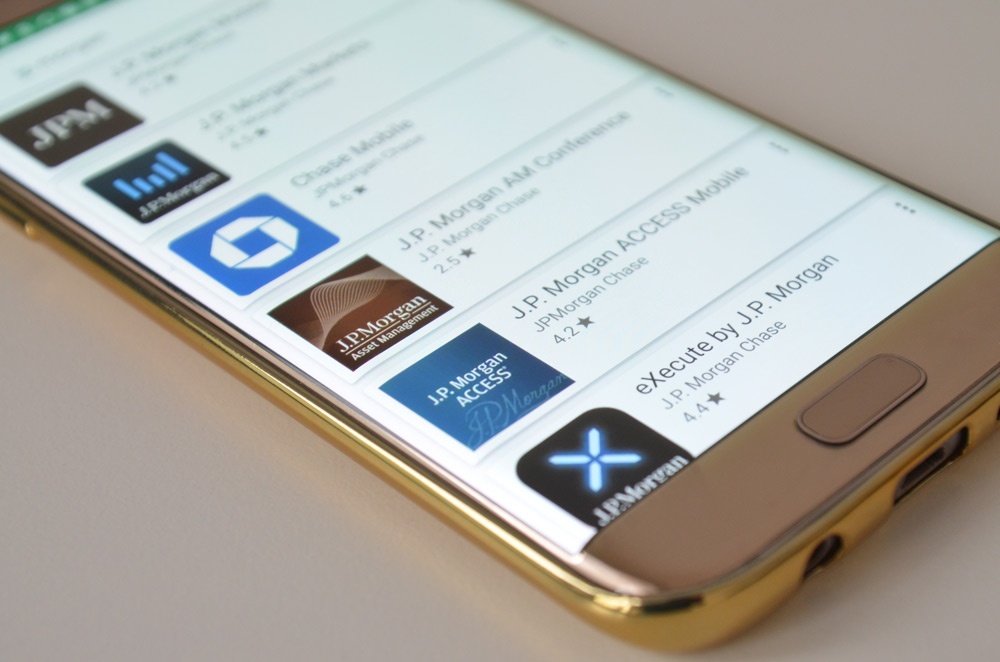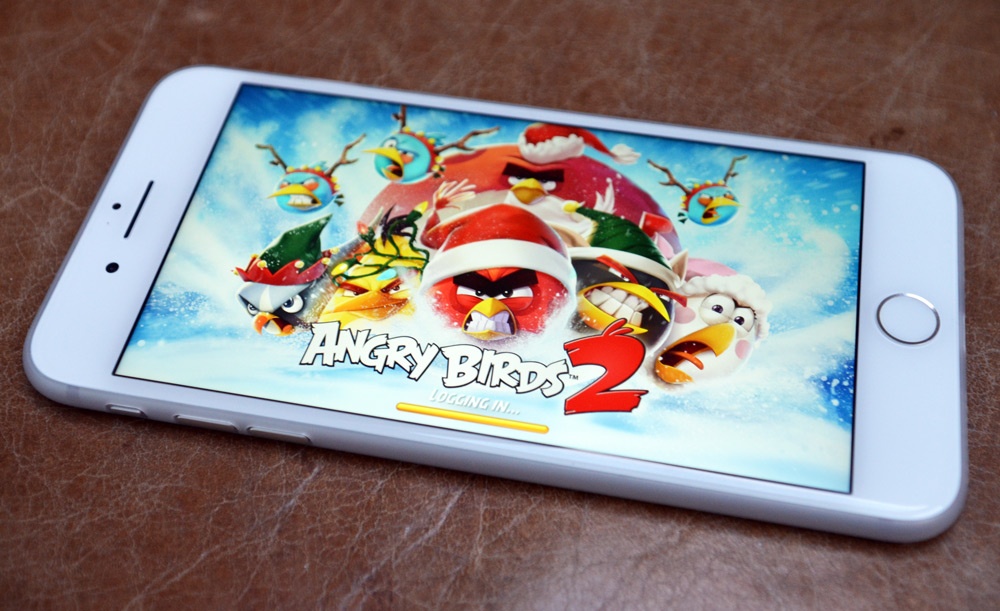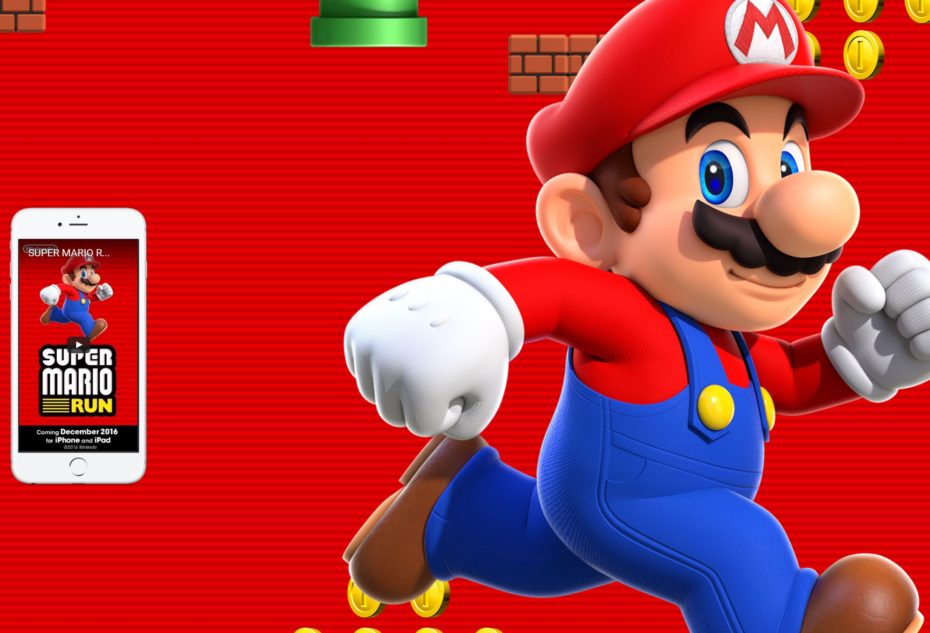In any competitive multiplayer game, by definition, you're going to face enemies. These include rival players, pesky bots and often the toughest foe of all, the one that you can't kill: lag. Lag has multiple causes, including poor frame rates, which we've been benchmarking on mobile for many years. But today we're launching an entirely new benchmark for a different source of lag, called touch latency (aka input lag).
The longer the time gap between touching the screen and seeing the result, the harder it is to aim, shoot or do whatever else it takes to win -- so this is fundamental to mobile gaming as a whole. To our knowledge, GameBench is the first to produce a platform-agnostic benchmark for real-world gaming touch latency on mobile, so that gamers and developers can compare different devices and games on the basis of their responsiveness. Please read on to see our first batch of results and discover more about how we measured them.





